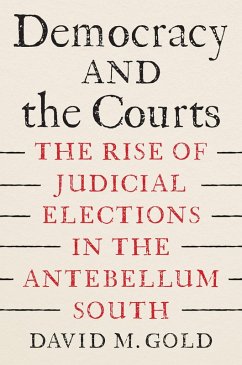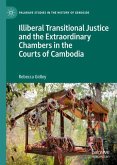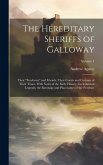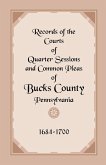"The first comprehensive examination of the development of judicial elections in the American South The practice of choosing state judges by popular election is a unique aspect of American democracy. First appearing in Mississippi in 1832 and then sweeping across the United States, judicial elections had a distinctly Southern origin. Prior scholarship seeking to explain the broad acceptance of the elected judiciary mainly relied on the records of northern-state constitutional conventions. In Democracy and the Courts, David M. Gold, focusing on the nineteenth-century American South, offers the first comprehensive e exploration of the advent of this often-controversial democratic reform in the nineteenth-century American South. Making intensive use of primary sources, such as constitutional convention proceedings, legislative journals, and newspapers, in Democracy and the Courts Gold explores the various paths taken by southern states toward the elective judiciary and the reasons why some states accepted judicial elections only partially or rejected them altogether. He considers the impact of judicial elections on judicial review before the Civil War and looks to the last quarter of the nineteenth century, assessing the final and ironic triumph of the elective judiciary during the decidedly undemocratic Jim Crow era"--
Hinweis: Dieser Artikel kann nur an eine deutsche Lieferadresse ausgeliefert werden.
Hinweis: Dieser Artikel kann nur an eine deutsche Lieferadresse ausgeliefert werden.








